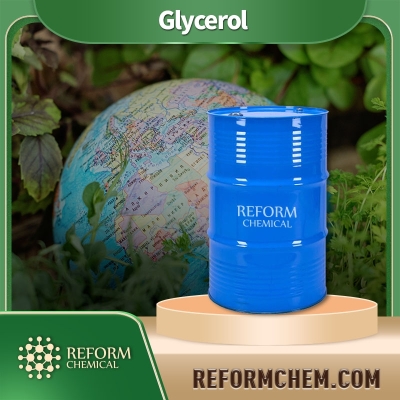-
Categories
-
Pharmaceutical Intermediates
-
Active Pharmaceutical Ingredients
-
Food Additives
- Industrial Coatings
- Agrochemicals
- Dyes and Pigments
- Surfactant
- Flavors and Fragrances
- Chemical Reagents
- Catalyst and Auxiliary
- Natural Products
- Inorganic Chemistry
-
Organic Chemistry
-
Biochemical Engineering
- Analytical Chemistry
-
Cosmetic Ingredient
- Water Treatment Chemical
-
Pharmaceutical Intermediates
Promotion
ECHEMI Mall
Wholesale
Weekly Price
Exhibition
News
-
Trade Service
Aluminum bismuth oxide (Al3BiO6) is a non-oxide ceramic material that has gained significant attention in the chemical industry due to its unique properties.
It is a type of crystalline solid that is made up of aluminum and bismuth oxide atoms.
This material has a high chemical stability, thermal stability, and good electrical conductivity, which makes it an ideal material for various applications in the chemical industry.
One of the most common applications of aluminum bismuth oxide is in the production of laboratory crucibles.
Crucibles are used in laboratories to melt and heat various materials, and aluminum bismuth oxide crucibles are preferred due to their high melting point and resistance to corrosion.
These crucibles can withstand high temperatures and are resistant to attack by acids, making them ideal for use in chemical reactions.
Another application of aluminum bismuth oxide is in the production of refractories.
Refractories are materials that are used to line furnaces and other high-temperature equipment in the chemical industry.
Aluminum bismuth oxide has a high melting point and good thermal stability, making it an ideal material for use in these applications.
It is also able to withstand attack by molten metals and acid, making it a popular choice for use in the production of refractories.
Aluminum bismuth oxide is also used in the production of ceramic membranes.
These membranes are used in a variety of applications, including water filtration and gas separation.
Aluminum bismuth oxide ceramic membranes are able to withstand high temperatures and are resistant to corrosion, making them ideal for use in these applications.
They also have good thermal stability, which makes them ideal for use in high-temperature environments.
Another application of aluminum bismuth oxide is in the production of ceramic sensors.
These sensors are used to measure a variety of physical parameters, including temperature, pressure, and humidity.
Aluminum bismuth oxide ceramic sensors are preferred due to their good electrical conductivity and thermal stability.
They are able to withstand high temperatures and are resistant to attack by acids, making them ideal for use in harsh environments.
In addition to these applications, aluminum bismuth oxide is also used in the production of ceramic pigments.
These pigments are used in a variety of applications, including the production of ceramics, glass, and paint.
Aluminum bismuth oxide pigments are able to provide a range of different colors, including yellow, orange, and brown.
They are also able to provide good thermal stability and electrical conductivity, making them ideal for use in these applications.
Overall, aluminum bismuth oxide (Al3BiO6) is an ideal material for various applications in the chemical industry.
Its unique properties, including high chemical stability, thermal stability, and good electrical conductivity, make it a popular choice for use in laboratory crucibles, refractories, ceramic membranes, ceramic sensors, and ceramic pigments.
Its ability to withstand high temperatures and attack by acids also make it ideal for use in harsh environments.
As the chemical industry continues to grow and evolve, it is likely that aluminum bismuth oxide will continue to play an important role in various applications.







